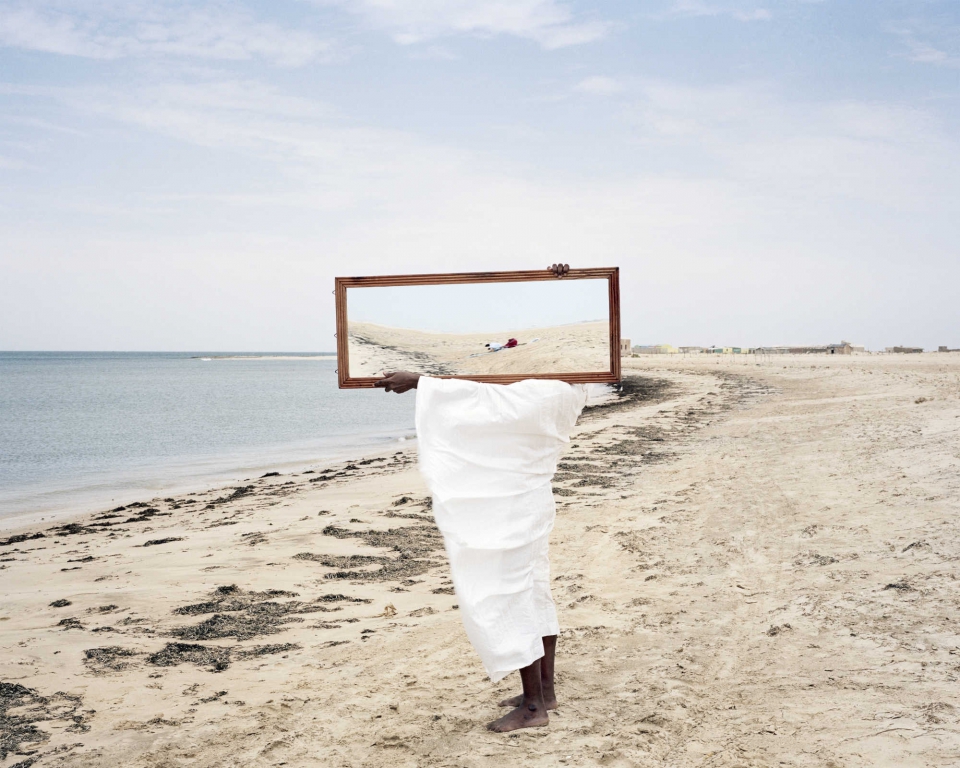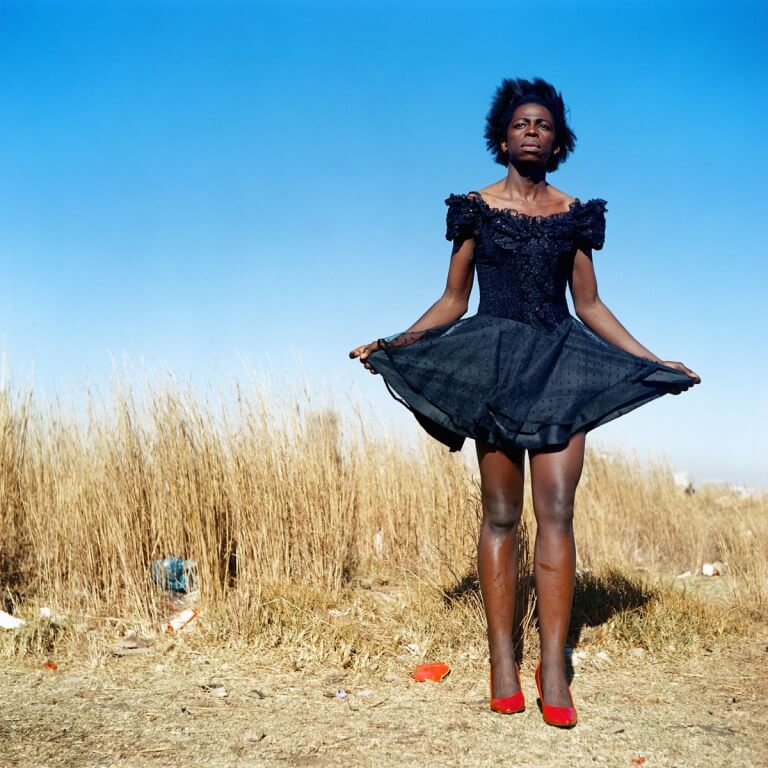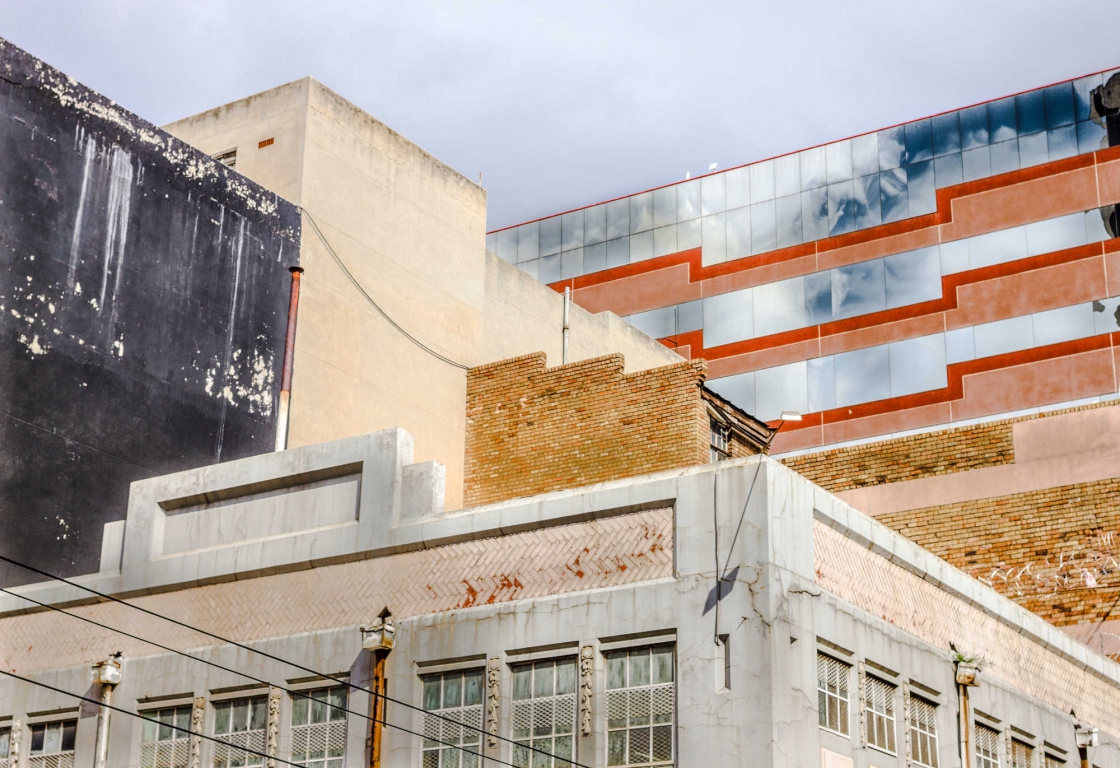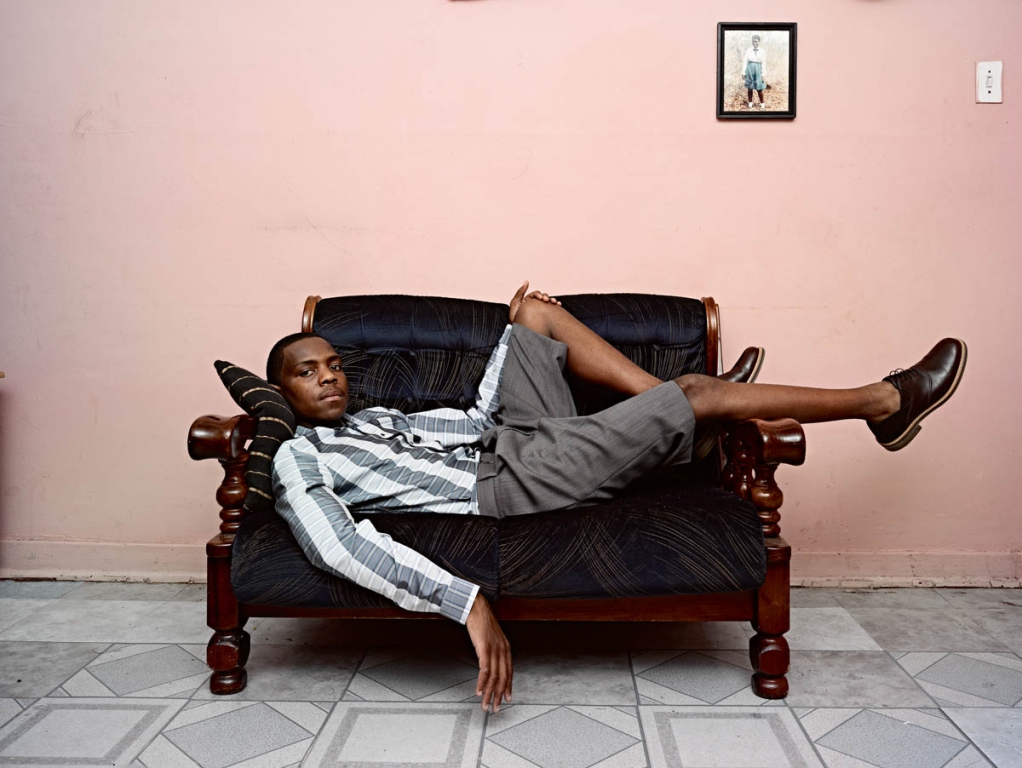For the exhibition Recent Histories, Huis Marseille and The Walther Collection (New York/Neu-Ulm) have joined forces to present a unique collection of African photography and video art. African photography is at the heart of the collection policies of both institutes, and for this exhibition Huis Marseille has been able to make a broad selection from The Walther Collection’s exhibition of the same name that was shown in 2017 in Neu-Ulm. In Amsterdam, Recent Histories combines the recent work of young African photographers with the work of several generations of African photographers in the Huis Marseille collection and the Han Nefkens H+F Collection – from David Goldblatt (1930–2018), the ‘grand old man’ of South African photography, to Lebohang Kganye (1990), who finished her training in Johannesburg as recently as 2011. The exhibition brings together these photographers’ different perspectives on their countries and their continent. The themes that link their work are concerned with identity, migration, origins, and the legacy of colonialism, in relation to their own personal experiences.
Stories
The title of the exhibition refers to the narratives and histories that meet in the work of these photographers and artists, now overlapping and then going in different directions. The aim of the exhibition is to allow the attributes that make their work ‘African’ to speak directly through the way each photographer relates individually to that idea, rather than through some prefigured academic concept. Nevertheless, a number of shared motifs run through all their oeuvres.
State of mind
Artists like Em’kal Eyongakpa, Délio Jasse, Mame-Diarra Niang, Dawit L. Petros and Michael Tsegaye are examining, each in their own way, the influences that social, economic, and political developments are having on landscape, public space, architecture, and daily life, and what these developments mean for their own identity. Far from reproducing the picturesque of the overwhelming African landscape, their images show how, like a prism, these surroundings have reflected the consequences of migration, colonialism, war, industrialisation and, in the case of South Africa, apartheid. The same themes are also found in the photographs of David Goldblatt and Guy Tillim. For photographers like Mimi Cherono Ng’ok, Lebohang Kganye, Zanele Muholi and Thabiso Sekgala, their work is informed and inspired by individual experience, by the emotional links that exist between them as artists, and by the methods they use to navigate between different social domains. For photographers who travel a great deal, such as Mimi Cherono Ng’ok, or those who live outside Africa, such as Mame-Diarra Niang (France) and Dawit L. Petros (Canada/USA), Africa is not so much a place they inhabit and take photographs of, but rather a state of mind.
Emancipation
Until the last decade of the 20th century African photography was generally seen in the context of travel and ethnological photography, and usually done by Westerners. In Africa itself photography was long regarded principally as an applied art form. The fact that the medium also had an autonomous side was given scant recognition. The Nigerian art critic and curator Okwui Enwezor played an important role in the emancipation of contemporary African art, in particular photography and video art. In 1996, for the Solomon R. Guggenheim Museum in New York, he curated one of the first retrospectives of African photography: In/Sight: African Photographers, 1940 to the Present. Ten years later there followed a trailblazing exhibition, Snap Judgments: New Positions in Contemporary African Photography, held in the International Center of Photography in New York. Enwezor has also been an important sparring partner for The Walther Collection from its very inception.
David Goldblatt
For Huis Marseille, meeting and working with the South African photographer David Goldblatt, who recently passed away, was central to the museum’s special interest in African photography, both in terms of its collection policy and its exhibition programme. Goldblatt was there at the birth of the exhibition Apartheid & After which Huis Marseille presented in 2014, and his project Intersections was shown at Huis Marseille earlier still, in 2007. As the initiator of the Market Photo Workshop in Johannesburg, which was recently awarded a Prins Claus Prize, he was an important mentor to many of the photographers now on show in Recent Histories. Other African photographers, or photographers with African roots, who have exhibited in Huis Marseille include Fazal Sheikh (2009), Guy Tillim (2012), Zanele Muholi (2016), and Rotimi Fani-Kayode (2016). Although Huis Marseille has focused on South African photography – an accent that can also be seen in Recent Histories – the museum has also acquired recent work by the Nigerian artist Mimi Cherono Ng’ok and the Eritrean artist Dawit L. Petros.
The Walther Collection
The Walther Collection exists to promote the collection, exhibition, research and publication of photography. Since 2010 the collection has been made available to the public at a museum campus in Neu-Ulm in Germany and a Project Space in New York. The Walther Collection includes an important collection of contemporary African and Asian photography and video art, alongside a large collection of 19th-century photographs and books from Europe and Africa. These collections travel, in the form of carefully curated exhibitions, around the world. Recent Histories: Contemporary African Photography and Video Art is the eighteenth exhibition of African photography that The Walther Collection has organized since 2011. The original exhibition was curated by Daniela Baumann, Joshua Chuang, and Oluremi C. Onabanjo.
For more information: www.walthercollection.com
Participating photographers
Mimi Cherono Ng’ok (Kenya), David Goldblatt (South Africa), Em’kal Eyongakpa (Cameroon), Pieter Hugo (South Africa), Délio Jasse (Angola), Lebohang Kganye (South Africa), Sabelo Mlangeni (South Africa), Santu Mofokeng (South Africa), Zanele Muholi (South Africa), Mame-Diarra Niang (France/Ivory Coast/Senegal), Dawit L. Petros (Eritrea/Canada/USA), Thabiso Sekgala (South Africa), Guy Tillim (South Africa), Mikhael Subotzky (South Africa), Michael Tsegaye (Ethiopia).
Publication
The original exhibition in Neu-Ulm was accompanied by an extensive photo book that is also available in the Huis Marseille bookshop: Recent Histories: Contemporary African Photography and Video Art, Daniela Baumann, Joshua Chuang, Oluremi C. Onabanjo (eds.), New York/Neu-Ulm/Göttingen (The Walther Collection/Steidl), 2017.
Featuring work from our collection by
David Goldblatt, Dawit L. Petros, Pieter Hugo, Santu Mofokeng, Zanele Muholi, Mimi Cherono Ng’ok, Mikhael Subotzky, Guy Tillim, Mame-Diarra Niang









